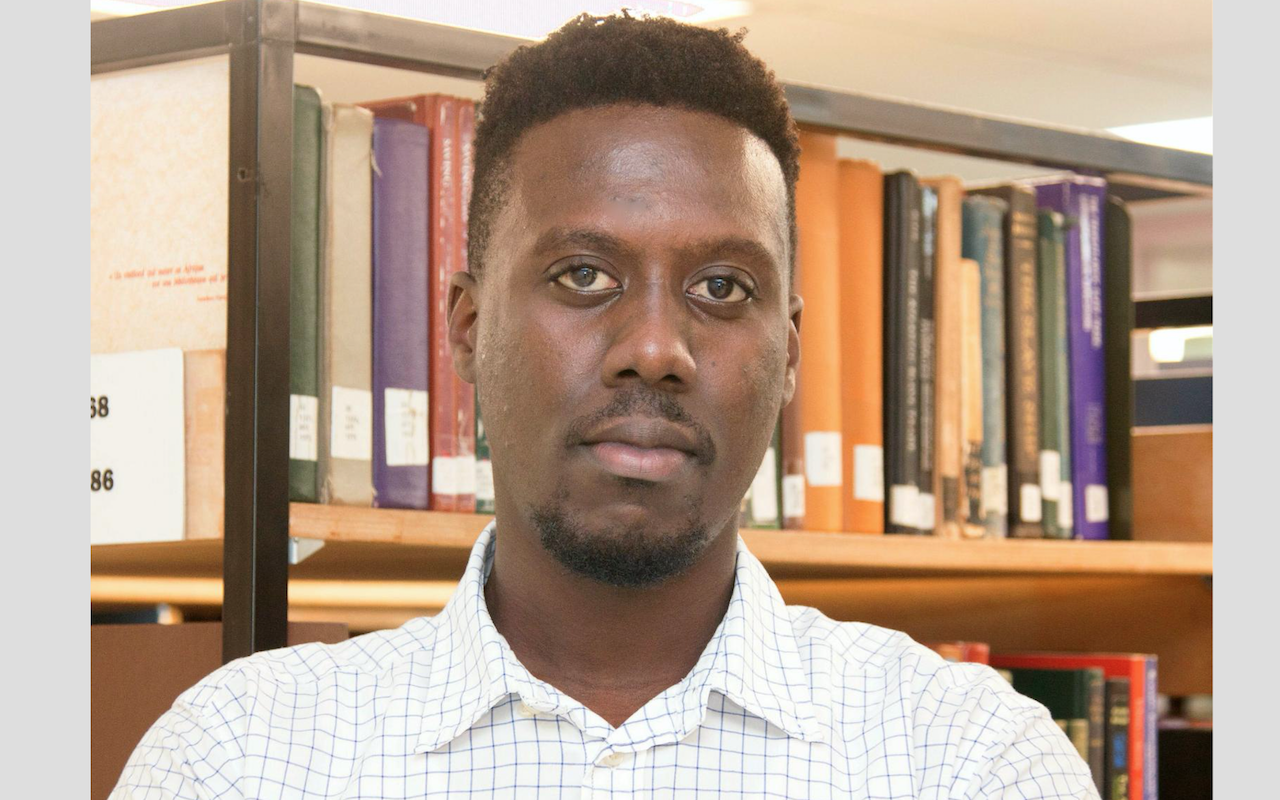By Emmanuel Joseph
A political scientist has recommended to the Parliamentary Reform Commission (PRC) that the power to determine when elections are called should be removed from the prime minister, and politicians should no longer have a direct say in the selection of a Speaker of the House or appointment of the Attorney General.
He also suggested that early elections should not be allowed before three and a half years of a term, under a revamped system.
Devaron Bruce made the submissions on Thursday night at the Christ Church Foundation School during one in a series of town hall meetings being held by the PRC to hear the public’s views on parliamentary reform.
Bruce, who was one of five Barbadians making presentations before the panel chaired by retired president of the Senate Sir Richard Cheltenham KC, further proposed that the power of a prime minister to decide when an election is called should be removed.
“One of the concerns that I have within our parliamentary system is that our Constitution grants the prime minister the ability to call an election at will. An election ought to be a democratic exercise, but when we have a circumstance where we have the prime minister – who I consider the most partisan individual in our political system because they carry the numbers of the most partisan persons in a House, hence they become prime minister – [making that decision], then political strategy and partisanship are often foremost on the minds of that position,” he said.
“So, introducing partisanship and introducing political strategy into what ought to be a democratic process, I think is problematic.”
Bruce suggested that a decision on when elections are called should go to Parliament.
Addressing the timing of an election, he said that should also be controlled.
“You cannot have an early election in our system until parliamentarians have served three and a half years of their term. If you wish to have an election after that, you have to take it to Parliament and have a two-thirds majority vote for that election to occur,” Bruce suggested.
The political scientist also urged the PRC to consider his recommendation regarding the method of choosing the Attorney General and the Speaker of the House of Assembly.
Contending that the Speaker of the House is responsible for the management of the House, the protection and the rights of those within the House, and the minority in the House, he said that given the importance of that post, “objectivity and impartiality matter”.
“Yet we have a circumstance where the prime minister, in essence, determines who the Speaker of the House is. And I have made my case in stating that there is no person in our political system more partisan than the prime minister because they carry the majority of those who admit partisanship,” Bruce told the PRC panel.
“What I would suggest in that instance, to enhance the capacity and enhance the impartiality of the Speaker of the House, is that the Speaker of the House not be selected from within Parliament because parliamentarians are admittedly partisan people.”
The political scientist recommended that the Speaker of the House be selected from outside Parliament by the President and then the selection be taken to Parliament for a vote.
He acknowledged that a vote could not be taken in Parliament without a Speaker, but said that matter could be discussed at another time.
Bruce also told the commission that the same process should be applied to the selection of an Attorney General. He said that person should not be a political appointee or aligned to any political party but should be focused strictly on advising the Government on the law.
Also making submissions was Jacqueline Carter, who said she represented a group of Barbadians whose numbers continue to grow.
On the list of recommendations she made was that the Senate should comprise 22 elected members, two from each of the island’s 11 parishes, and during their tenure, the senators should reside in the parish they represent.
Carter added: “Members of Parliament and House of Senate may be recalled by the election of 30 per cent of the registered voters in that district, signing a petition to recall that member. All Senate and House members shall serve for a term of five years. A prime minister shall serve for no more than four terms in office.”
Carter also suggested that the President should face the electorate instead of being appointed as currently exists.
Congress of Trade Unions and Staff Associations of Barbados (CTUSAB) president Edwin O’Neal, meanwhile, called for labour to be guaranteed a place in the Senate, and said that if that Upper House is to review legislature, it should consist of individuals with experience in terms of profession and age.
He also queried whether the Senate could not be made up of both elected and appointed members.
Also presenting were historian Robert Bobby Morris and Buddy Larrier.
emmanueljoseph@barbadostoday.bb




